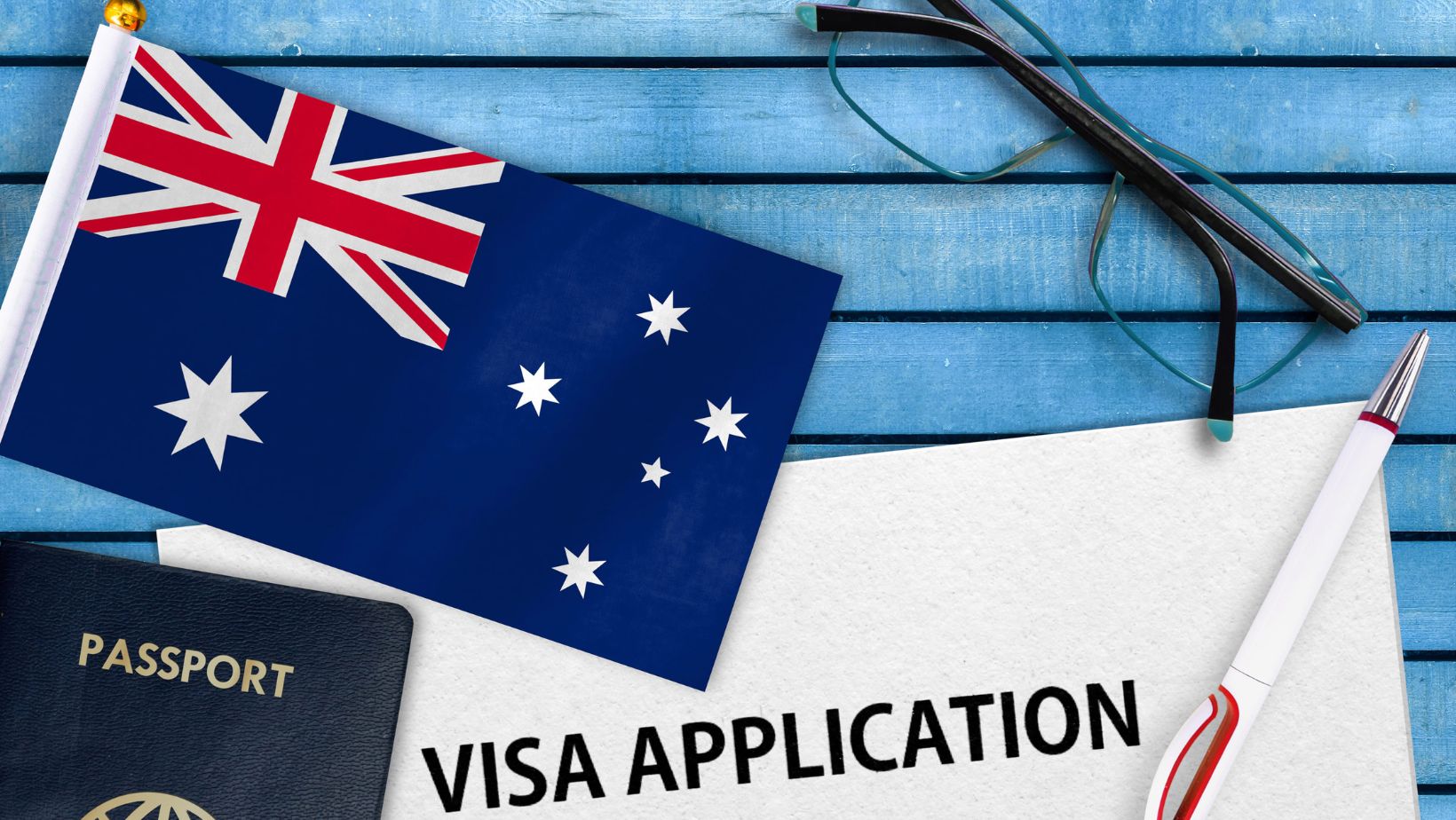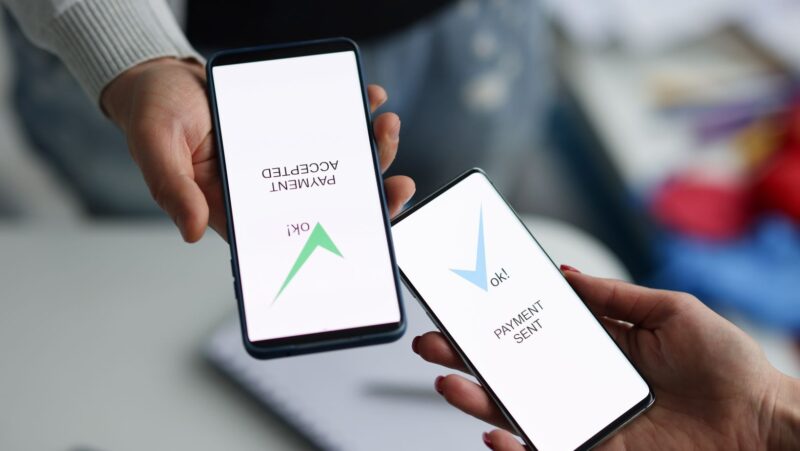
Applying for a UK student visa is a major step in realizing academic ambitions in one of the world’s most respected education systems. But as many international students have discovered, the process is not always straightforward. A rejection, though disappointing, is not uncommon — and it often comes down to a few preventable errors.
According to recent data from Jeduka, approximately 13% of UK student visa applications were rejected in 2024, a noticeable increase from previous years. This statistic underscores the importance of fully understanding the expectations and requirements set forth by the UK Home Office before submitting your application.
Whether you’re planning to reapply or preparing to apply for the first time, here’s what you need to know to improve your chances of success.
Financial Documentation: More Than Just Bank Statements
A frequent cause of rejection is insufficient evidence of financial capability. The UK student visa process requires applicants to demonstrate they can afford both their tuition and living expenses. But the requirement goes beyond simply providing a bank statement. The funds must be in your account for a specified period (usually 28 consecutive days), and the documents must be issued no more than 31 days before the visa application.
Any discrepancy — such as outdated documents, unverifiable bank letters, or unsupported claims — can raise red flags. Many students underestimate how closely the UK Home Office examines financial documentation. A lack of clarity or minor inconsistency could easily be interpreted as non-compliance.
The Weight of Accurate and Complete Paperwork
Documentation is at the heart of any immigration process. Students often assume that because they meet the academic or financial criteria, their application will naturally succeed. Unfortunately, that’s not always the case. An incomplete visa application — missing pages, unsigned forms, unverified translations — can result in immediate rejection. So can inconsistent or conflicting information between different parts of your application.
For instance, if your academic history doesn’t match what you wrote in your personal statement, or if dates and names vary between documents, your application may be viewed with suspicion. Inaccuracies signal carelessness or, worse, dishonesty. That’s why every section of your submission needs to be double-checked — and ideally reviewed by someone familiar with UK visa protocol.
The Role of Academic Recognition and Translations
One of the more technical, but crucial, reasons for rejection involves the recognition of academic qualifications. Not all foreign degrees or diplomas are immediately accepted by UK universities or the Home Office. Applicants are often asked to provide proof that their educational credentials align with UK standards.
This is where UK ENIC (formerly UK NARIC) comes into play. A Statement of Comparability from UK ENIC helps confirm that your qualifications are equivalent to those awarded in the UK. But to obtain this, you need to submit academic documents in English — and that’s where professional translation becomes essential.
Using casual or machine-generated translations may seem convenient, but it can seriously damage your case. A certified translation must be complete, accurate, and accompanied by a declaration of authenticity. Errors in this area can result in delays or outright rejection of your UK ENIC assessment and, consequently, your visa.
For these types of essential academic document translations, it’s important to choose services that are experienced in UK ENIC/UK NARIC processes. You can find specialized solutions online through providers like Kings of Translation, who offer certified translation services tailored for academic and immigration needs.
The Credibility Interview: More Than a Formality
Students often overlook the importance of the credibility interview. This is the stage where UK visa officers assess whether you are a genuine student. It’s not just about answering basic questions — it’s about proving you understand your course, your university, and how studying in the UK fits into your broader life goals.
If your answers seem rehearsed, vague, or contradictory, this can lead officers to question your intentions. One of the best ways to prepare is to thoroughly research your course and institution, understand your visa conditions, and practice clear, confident responses.
Language Proficiency Requirements
Meeting the English language requirement is another pillar of the visa process. Students must demonstrate adequate English proficiency through accepted tests such as IELTS or TOEFL. Submitting outdated test scores or failing to meet the required band can immediately disqualify your application. Also, note that some universities may set higher standards than the UK visa threshold, so make sure your scores match both requirements.
What to Do After a Rejection
A visa refusal is undoubtedly frustrating — but it can also be a turning point. Most rejections come with a written explanation, which you should read carefully. In many cases, the reason lies in something correctable, such as documentation or misunderstanding a guideline.
If your qualifications weren’t recognized, consider obtaining a UK ENIC Statement of Comparability. If translations were an issue, seek certified help from trusted providers. If your interview fell short, practice and request feedback where possible.
The key is not to view rejection as a wall, but as a redirection — a chance to reassess, strengthen your case, and reapply with greater precision and preparation.
By focusing on accuracy, consistency, and certified support throughout the process, your next application can be the one that opens the door to your academic future in the UK.













